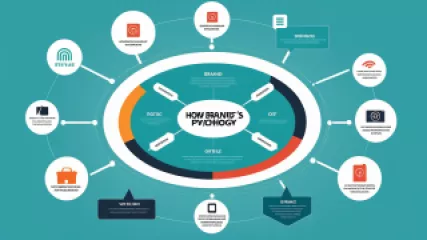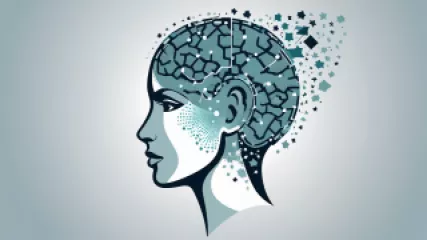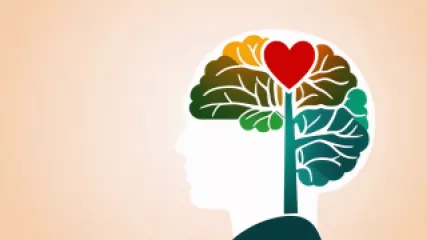How Can I Manage Emotional Disorders for Better Mental Health?
1 year ago
Emotional Disorders
How to Implement Effective Bullying Prevention Training at Your Workplace
1 year ago
Bullying Prevention
The Power of Resilience: Strategies for Finding Motivation After Failure
1 year ago
Finding Motivation After Failure
How to Overcome Sadness: Tips and Strategies for Mental Health Support
1 year ago
Overcoming Sadness
What Are the Key Signs of Sleep Disorders?
1 year ago
Sleep Disorders
Unveiling the Complexity of Personality Types: An Interview with a Leading Psychologist
1 year ago
Personality Types
Strengthen Emotional Resilience: A Research Summary
1 year ago
Emotional Resilience
How Brands Influence Consumer Psychology: A Step-by-Step Guide
1 year ago
Psychology of Brands
Cognitive Biases: A Step-by-Step Guide to Understand and Overcome Them in Persuasion
1 year ago
Psychology of Persuasion
Mental Health Myths Debunked: A Step-by-Step Guide
1 year ago
Mental Health Myths Debunked
How to Strengthen Adoptive Family Dynamics: A Step-by-Step Guide
1 year ago
Adoptive Family Dynamics
Navigating Life's Existential Quandaries: An Interview with a Philosopher
1 year ago
Existential Questions
Managing Health Anxiety: A Step-by-Step Guide
1 year ago
Health Anxiety
How Parental Love Shapes Personality Development: An Expert Interview
1 year ago
Parental Influence on Personality
The Ultimate Guide to Managing Child Media Exposure
1 year ago
Child Media Exposure














